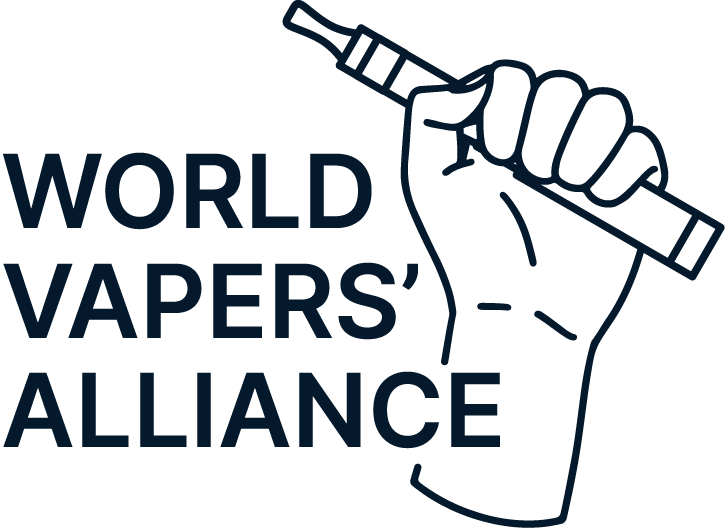Má tá tú ag leanúint laghdú díobhála ar fud an domhain, b’fhéidir gur thug tú faoi deara go mbíonn tíortha i mbéal forbartha ag streachailt go minic leis an dá fhachtóir – rátaí arda caitheamh tobac agus easpa cur chuige nó beartais laghdaithe díobhála ciallmhara.
Tá sé seo fíor i gcás go leor tíortha, agus ní haon eisceacht í an tSeoirsia.
Easpa eolais maidir le laghdú díobhála
De réir na dTionscnamh Sláintiúil (eagraíocht neamhrialtasach) suirbhé I dtuairisc a rinneadh in 2022, chaitheann 26.4% den daonra fásta toitíní traidisiúnta sa tSeoirsia, agus ar an drochuair, ní smaoiníonn 51% fiú ar scor. Ní dhéanann ach 2.8% de chaiteoirí tobac scor trí tháirgí nicitín malartacha níos sábháilte.
Is féidir dhá rud a bhaint as na staitisticí seo:
- I measc na suaiteachta polaitiúla agus na bhfadhbanna iomadúla i saol polaitiúil agus sóisialta na Seoirsia, ní cosúil go bhfuil na húdaráis sláinte áitiúla ag díriú ar fheabhsuithe ar an tsláinte phoiblí agus ar chlár scoir tobac inláimhsithe a fhorbairt.
- Ní comhtharlú é, de réir an tsuirbhé chéanna, gur chreid 32.8% de na freagróirí go míthreorach go bhfuil galú níos díobhálaí ná caitheamh tobac. Tá sé ríthábhachtach rátaí caitheamh tobac a chomhrac trí shonraí agus faisnéis chruinn a sholáthar do dhaonra na Seoirsia maidir leis an dá rud: na héifeachtaí contúirteacha sláinte a bhaineann le caitheamh tobac agus na bealaí chun éirí as trí réitigh nuálacha atá i bhfad níos lú díobhálach, amhail galú.
Cánachas méadaithe
In ionad beartais cosúil le an Ríocht Aontaithe nó an tSualainn, leanann rialtas na Seoirsia de bheith ag cur ualach eacnamaíoch níos airde ar thomhaltóirí agus ar ghnólachtaí beaga a sholáthraíonn táirgí amhail galú agus dá bhrí sin cuireann sé bac ar an bpróiseas scor tobac.
I mí Aibreáin 2023, mhéadaigh an rialtas an cháin mháil ar leachtanna galúcháin – ó 0.2 GEL in aghaidh an ml go 1 GEL in aghaidh an ml (lena n-áirítear leachtanna nicitín 0 mg). Tá acmhainn nicitín in aghaidh an bhuidéil leachta teoranta freisin do 2%.
Tá an méid thuasluaite scanrúil mar gheall ar na gnéithe seo a leanas:
- Ní hionann galú agus tobac inadhainte agus, i ndáiríre, is ea, 95% níos lú díobhálach ná caitheamh tobac. Mar sin féin, sa tSeoirsia, titeann sé fós faoin an chatagóir chéanna mar tháirgí tobac indóite, rud a léiríonn easpa tuisceana nó toilteanais i measc lucht déanta beartas chun tacú le straitéisí laghdaithe díobhála.
- Níl aon chomhghaol dearfach idir an cánachas níos airde ar tháirgí galúcháin agus feabhsuithe ar shláinte an phobail. Mar shampla, an staidéar seo fuarthas amach go bhfuil seans maith ann go gcuirfidh méaduithe cánach ar tháirgí galúcháin borradh faoi chaitheamh toitíní.
Ós rud é go bhfuil an cháin mháil sa tSeoirsia cúig huaire níos airde anois ná mar a bhí in 2018, is lú an seans go mbeidh táirgí nicitín níos costasaí, cé go bhfuil siad níos sábháilte ná toitíní traidisiúnta, ina n-ionadach do chaiteoirí tobac chun éirí as.
“Ó ardaíodh an cháin mháil, tá sé níos dúshlánaí táirgí a sholáthar dár dtomhaltóirí a bhfuil ní hamháin rioscaí i bhfad níos lú sláinte ag baint leo ná toitíní traidisiúnta ach atá ceaptha a bheith níos cost-éifeachtaí ná caitheamh tobac freisin.
Mar dhuine a chaitheann tobac go tobac, ba mhaith liom dá dtacaíonn rialtas na Seoirsia le laghdú díobhála seachas cur isteach orainn agus muid ag iarraidh cabhrú le daoine a chaitheann tobac éirí as go héifeachtach.” – a dúirt Ilia Khoperia, úinéir an chéad siopa vape áitiúil riamh ó 2016 agus ambasadóir WVA.
Ní chuireann srianta níos troime ar tháirgí nicitín níos sábháilte le scor den chaitheamh tobac. Ach fós féin, lean údaráis sláinte na Seoirsia leis an troid i gcoinne galúcháin – faoi láthair, tá an rialtas ag obair ar pholasaí pacáistithe simplí, de réir a bhfoinse oifigiúil, i bhfeidhm ó mhí Iúil 2024.
De réir an EDS, Maraíonn caitheamh tobac níos mó ná 8 milliún duine gach bliain. Tá sé cruthaithe ag tíortha ar nós na Ríochta Aontaithe agus na Sualainne, chun timpeallacht saor ó thobac a bhaint amach, go gcaithfidh lucht déanta beartas tacú le laghdú díobhála seachas troid ina choinne.
I dtír ar nós na Seoirsia, a bhfuil deacrachtaí aici le rátaí arda caitheamh tobac, ní raibh sé riamh níos tábhachtaí eolas a chur ar an gcaoi a n-oibríonn táirgí nicitín níos sábháilte agus straitéis laghdaithe díobhála a fhorbairt i gcomhar le rialáil ciallmhar ar vapáil (amhail srianta aoise).
An bhfuil dóchas ann go laghdófar dochar sa tSeoirsia?
Go dtí seo, tá rialtas na Seoirsia ag dul sa treo eile agus ag cleachtadh cur chuige sriantach i leith roghanna malartacha nicitín níos sábháilte. Ní mór níos mó iarrachtaí a dhéanamh chun rátaí caitheamh tobac a laghdú agus sláinte an phobail a fheabhsú dá bharr.
Mar sin féin, ar a mbealach chun scor den chaitheamh tobac, tá sé ríthábhachtach do lucht déanta beartas sa tSeoirsia a thuiscint nach bhfuil aon tír riamh tar éis teacht gar don sprioc saor ó thobac trí neamhaird a dhéanamh de chleachtais laghdaithe díobhála agus na buntáistí sláinte poiblí féideartha a d’fhéadfadh a bheith ann astu.








Freagra amháin